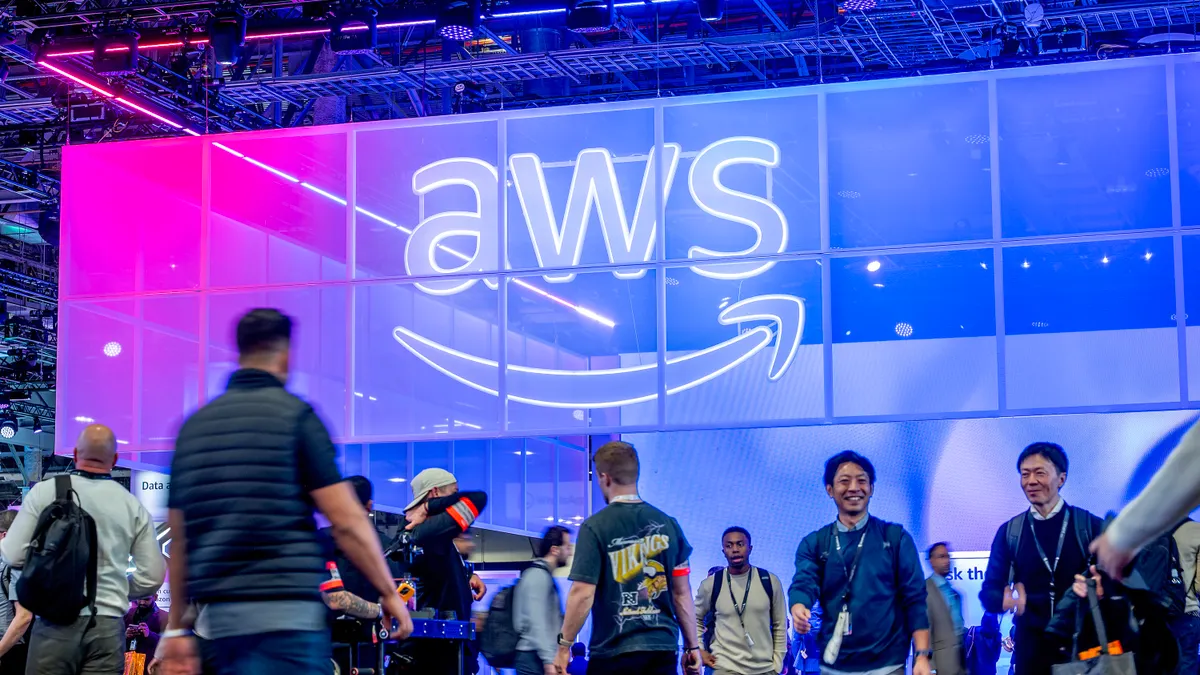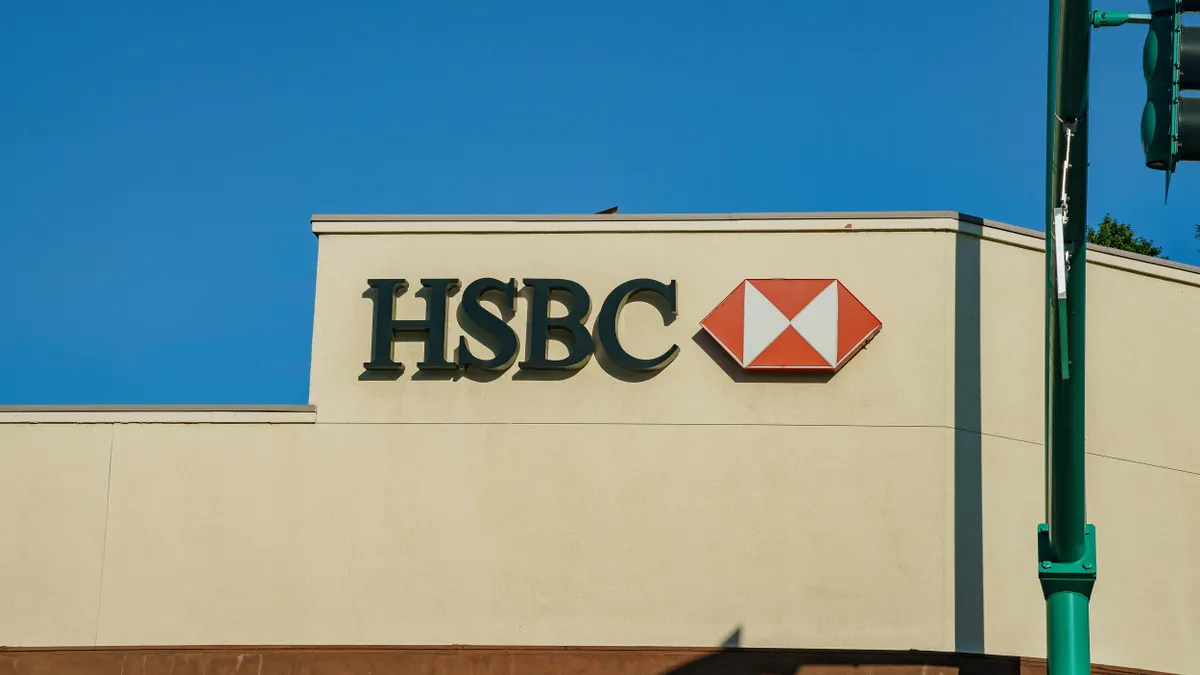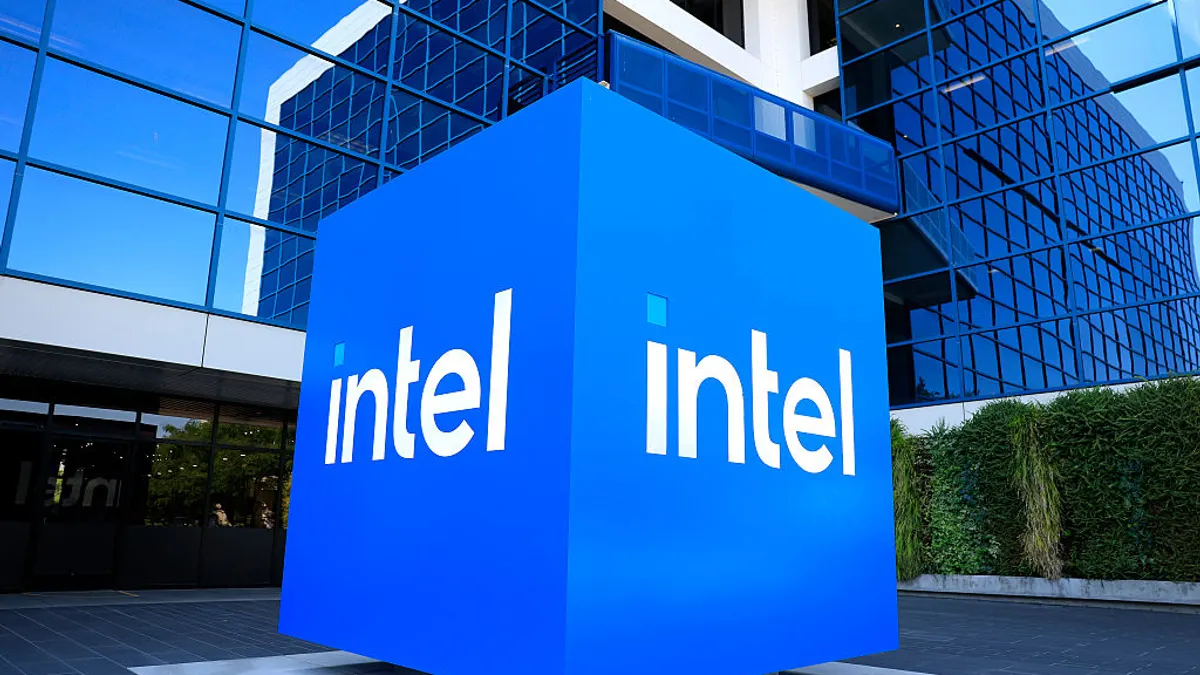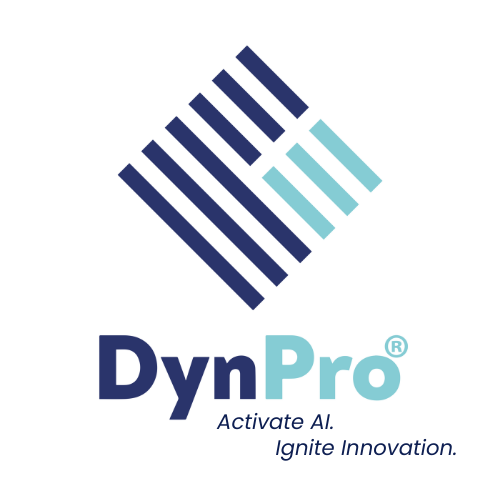Retail companies are leaning on AI and other technologies as pressures from tariffs and consumer spending patterns push businesses to optimize costs to stay competitive.
With many retailers bracing for slower growth rates for the rest of the year as volatility continues, Ralph Lauren Corporation, Revolve Group and Williams-Sonoma are prioritizing investments in AI tools that they hope will mitigate economic headwinds and improve experiences for customers and employees.
“This is a time to stay on offense while remaining prudent and agile in how we allocate our resources,” Ralph Lauren Corporation President and CEO Patrice Louvet said during the company’s Q4 2025 earnings call last week, citing AI, data and analytics as key pursuits.
The company uses AI in a number of functions, including generative AI to enhance consumer navigation on its website, to help with problem resolution within contact centers and to accelerate predictive buying and allocation.
“With the recent tariff announcements, what we're doing is we're assessing and we're activating our various proven levers to offset the related impact,” CFO Justin Picicci said during the earnings call. “These levers include … continuing to drive overall cost savings across the value chain and increasingly leveraging AI and analytics to enable even more efficient inventory planning.”
Earlier this month, Ralph Lauren promoted Naveen Seshadri to global chief digital officer, following a short stint as global head of consumer technology and digital commerce in North America. The appointment aligned with the company’s sustained focus on modernization, including an ERP overhaul and a three-year strategic growth initiative.
Ralph Lauren plans for capital expenditures to reach up to 5% of its revenue in fiscal year 2026, representing ongoing investments in technology and AI, among other initiatives.
The American fashion brand isn’t alone in seeing AI as a lever to manage costs.
Williams-Sonoma reaffirmed its goal of using AI to curb headcount in its latest financial report.
“From a cost perspective, we are committed to staying lean on headcount using AI tools to drive productivity gains in areas that make sense,” President and CEO Laura Alber said during the company’s Q1 2025 earnings call last week.
The retailer, which owns Pottery Barn and West Elm, is also using the technology across its digital platforms to create personalized emails and tailored homepages as it aims to become an AI leader in the industry, executives said.
“Our omni-channel capabilities are another core strength, and we are further optimizing them with AI,” Alber said during the call. “This includes improvements in sales performance, cost efficiency and delivery speed.”
Building better experiences
While AI adoption strategies vary, most retailers are hoping their projects bring improved customer experience and support, better store layouts and enhanced inventory management, according to an Everseen report published in February.
Online fashion retailer Revolve Group credited its AI efforts with providing greater visibility and awareness within customer service interactions.
“Our internal data science team has developed AI technology algorithms that now automatically transcribe customer service phone calls, providing greatly increased visibility into agent performance and greater awareness of customer issues,” co-founder and co-CEO Michael Karanikolas said during the company’s Q1 2025 earnings call earlier this month.
The company said it’s still early days, but the potential for operational efficiency gains and customer service team training improvements is promising. Revolve Group is also refining its shopping experience with AI and is testing out a third-party virtual styling feature to elevate product discovery and reduce returns.
While the retailer lowered its gross margin outlook for FY 2025, executives touted double-digit top-line growth during the quarter.
“We achieved these strong results while continuing to invest in key foundations for long-term success, including advancing our AI technology and personalization capabilities,” Karanikolas said.
Karanikolas attributed “huge gains” to AI and other technologies in the preceding quarters and said investments will continue.
“We think we have a lot of things that are working, a lot of investments that are going well,” Karanikolas said. “We're always going to judge an investment on the basis of 'does the ROI on this investment look good?' rather than 'how does this investment affect the P&L statement for this current quarter?”























